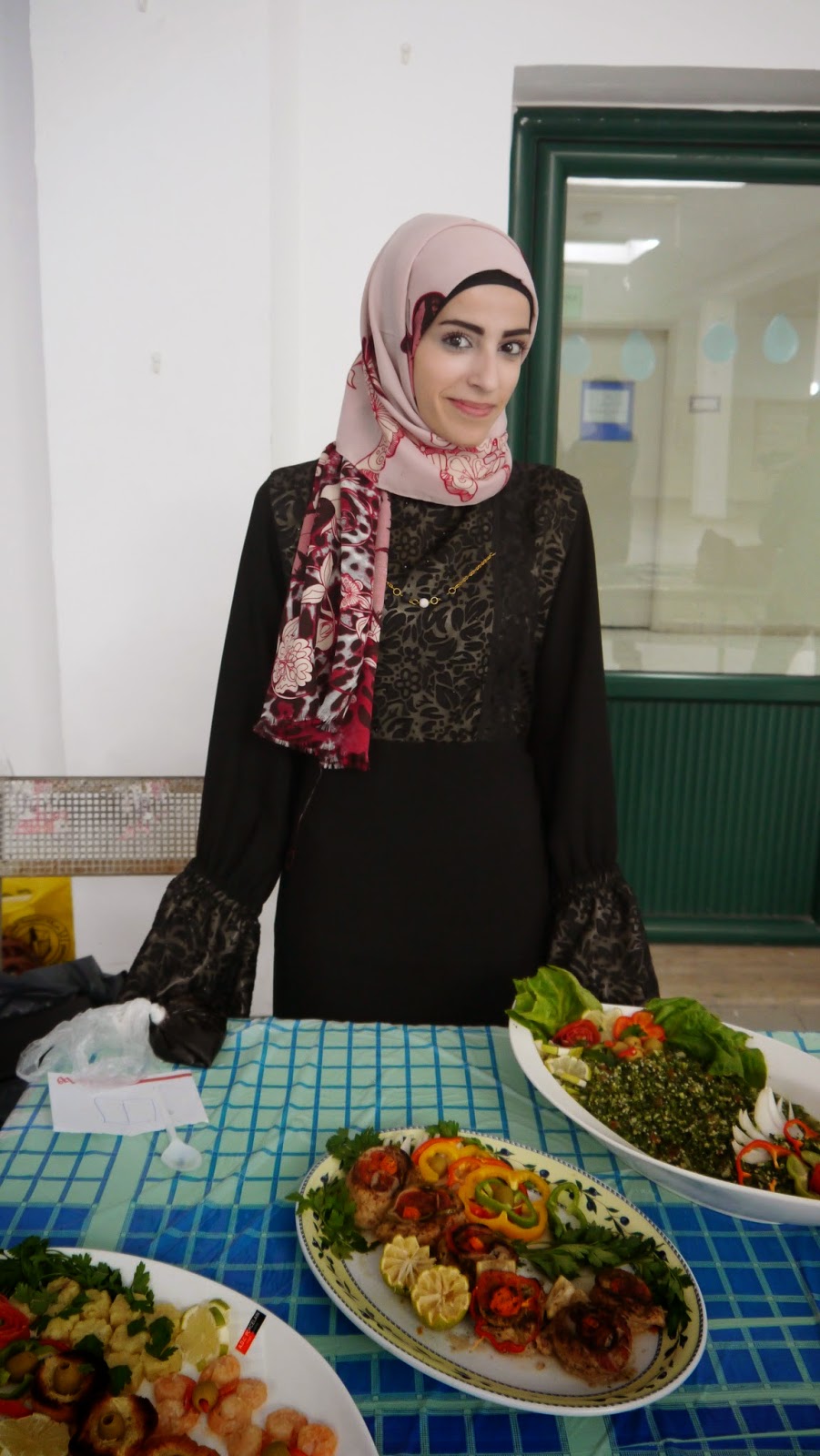The next visit is really soon!! On 11th of December youth leaders from Palestine will be in England! And everybody in Cadfa is excited and a bit nervous because we want to do everything well.
Everybody in Cadfa is working hard and quickly in different areas: universities, schools, youth and women centres. Personally I feel really comnfortable being involved in the student area because in Spain I studied seven years in the univeristy and I know the university life very well. And I love it.
I have been at SOAS and KINGS University in London and the people are really interested in Palestine and CADFA. I think we can do some nice activities together during the next visit. I hope so! And we can spend a good time enjoying the vibrant university life in Central London. There is a really good infrastructures inside the universities to prepare activities, and of course to learn together, share histories and culture.
I hope that everything will be perfect! because CADFA is trying to do the best for everybody and have a really nice time here! We put in a lot of energy every day!
Emilio Sanchez





























